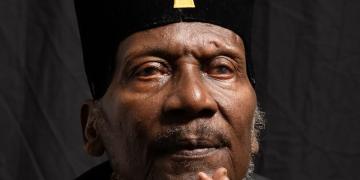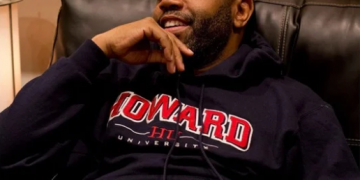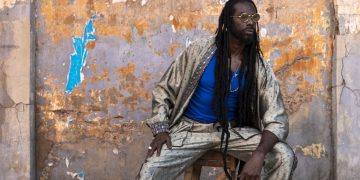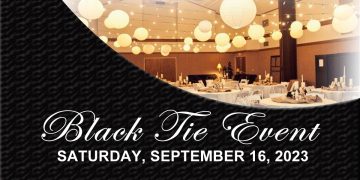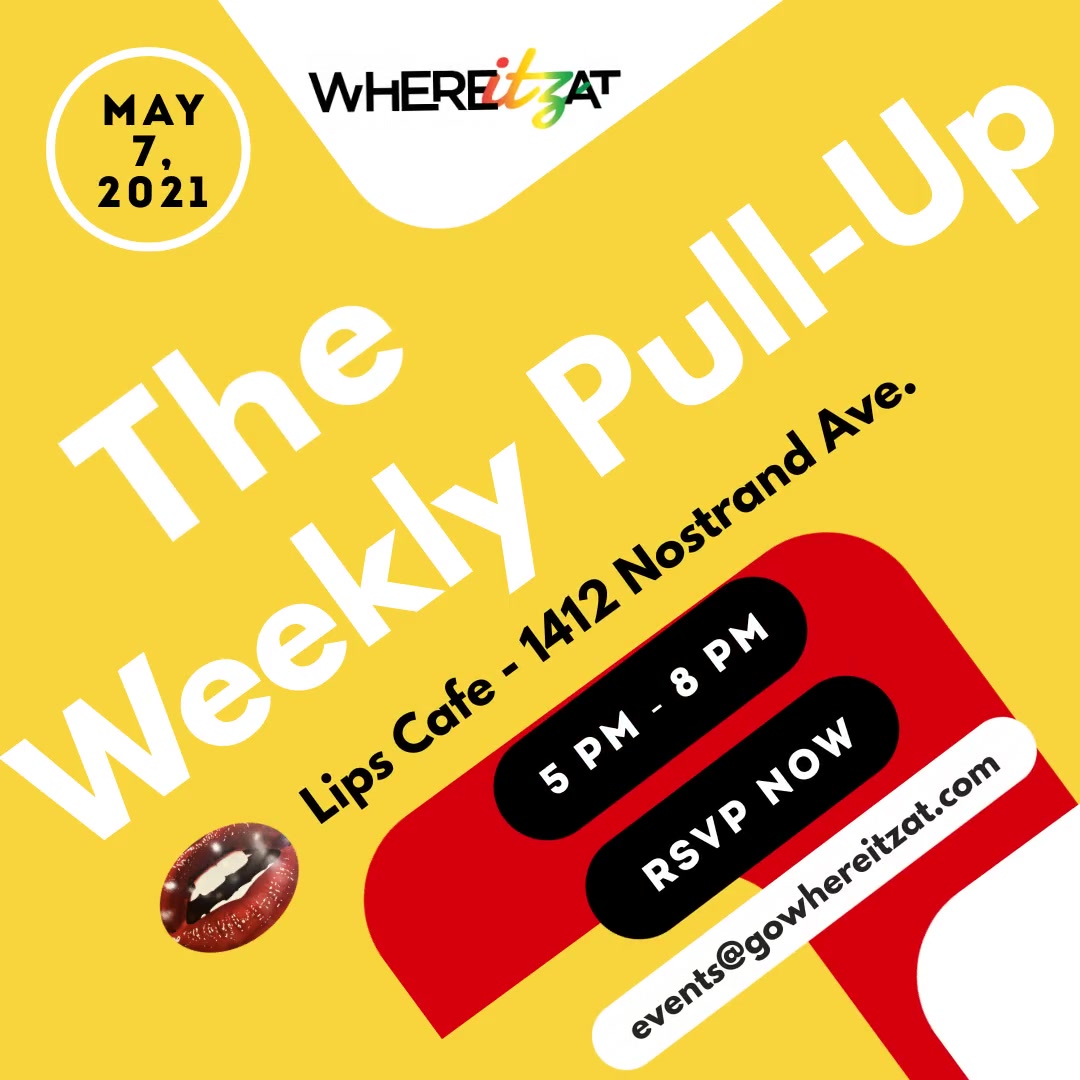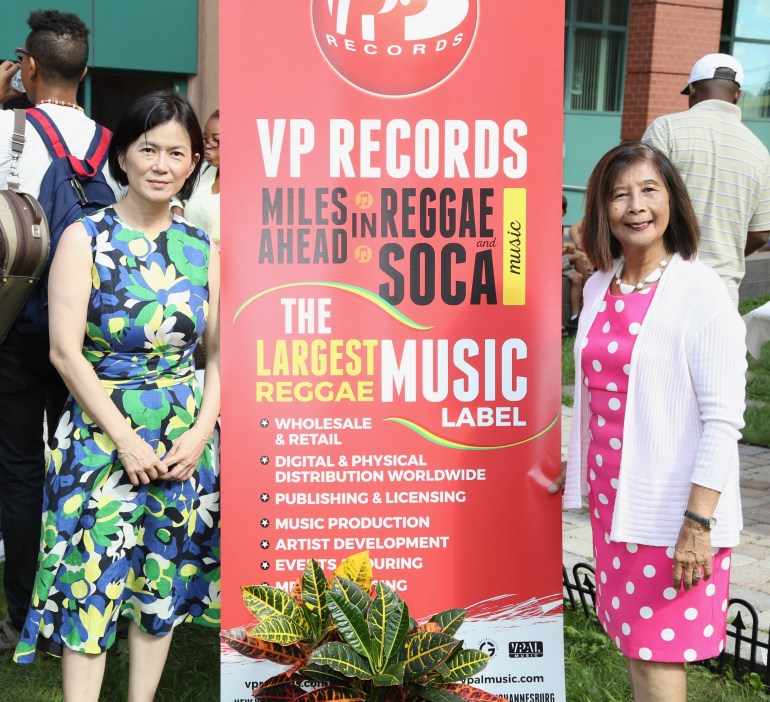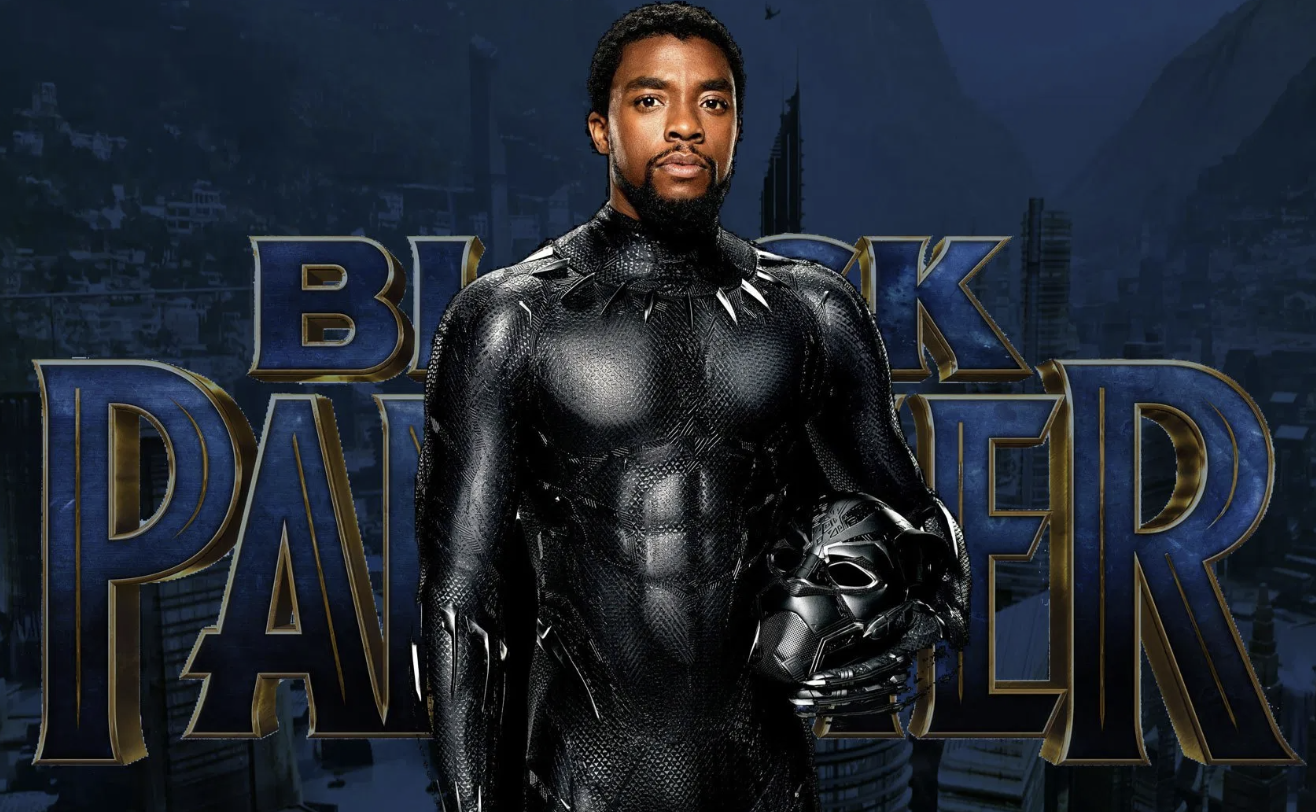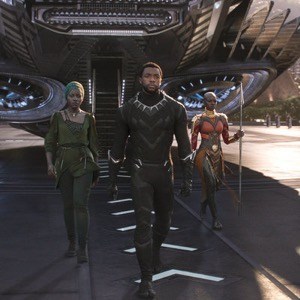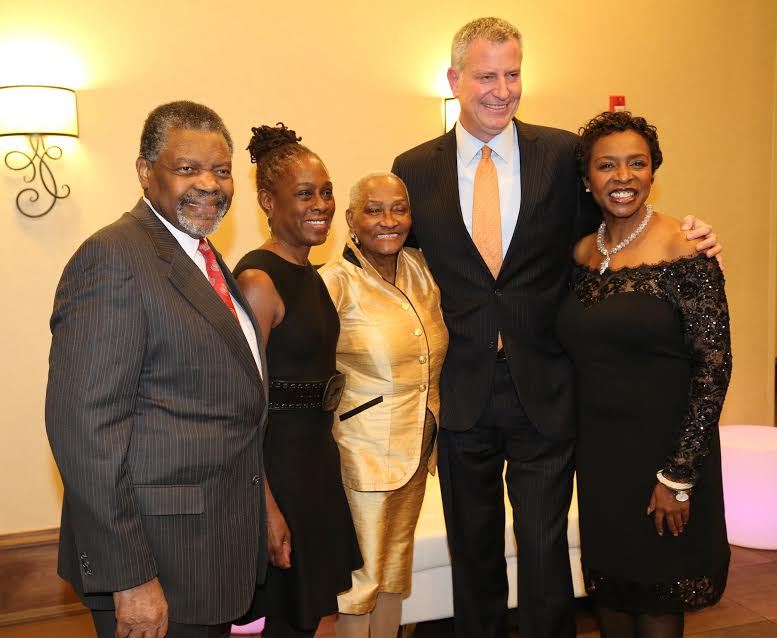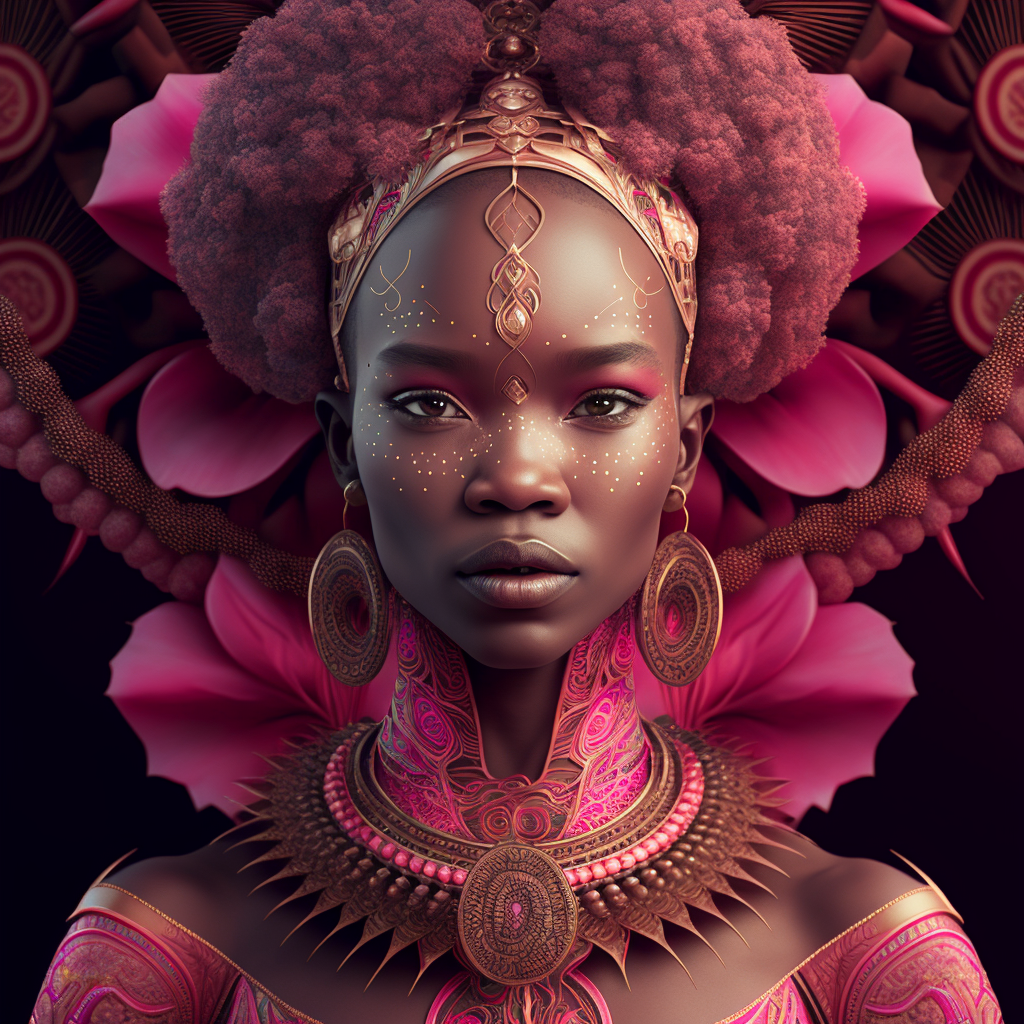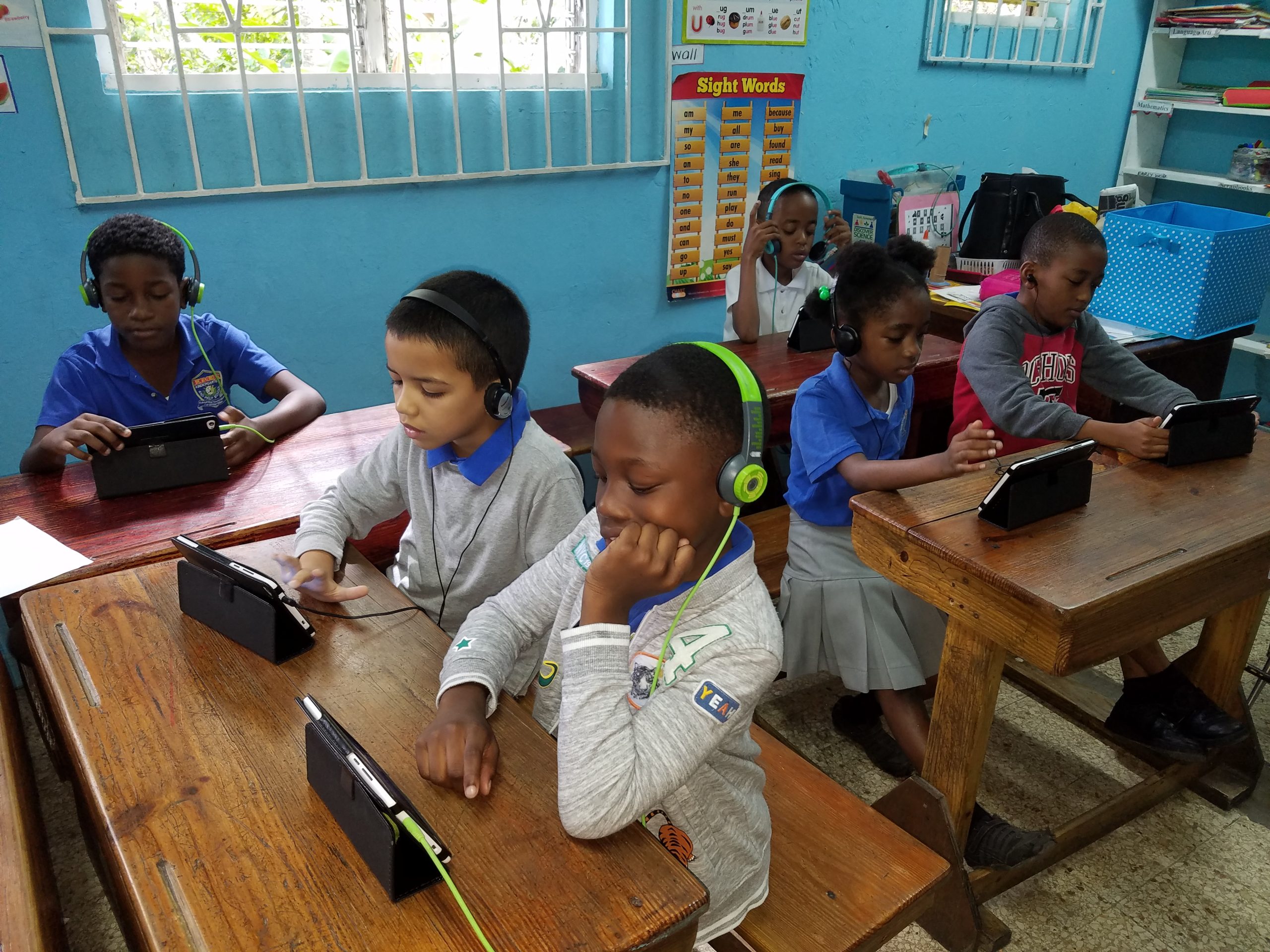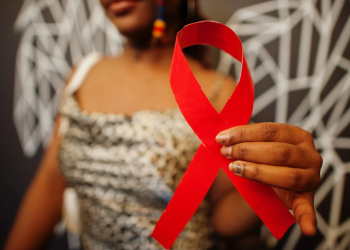
As a kid in Oakland, Calif., Ryan Coogler hung out at a comic book shop near his school, reading about superheroes who looked nothing like him.
“As I got older, I wanted to find a comic book character that looked like me and not just one that was on the sidelines,” Coogler says. “And I walk in and ask the guy at the desk that day, and say, ‘Hey man, you got any comic books here about black people, you know, like with a black superhero?’ And he was like, ‘Oh, yeah, as a matter of fact, we got this one.'”
That guy handed him a copy of Black Panther. And today, Coogler is the director of the Marvel movie adaptation about T’Challa — the king of fictional African nation Wakanda — who dons a super-science-powered suit to protect his people.
This superhero movie is actually a new challenge for Coogler, who’s only 31 years old. He got a ton of praise for his first film, Fruitvale Station, about an unarmed black man killed by a transit cop in Coogler’s hometown of Oakland. Then, he directed Creed, the latest Rocky movie — and now, Black Panther, which many hope will be a cultural turning point.
And Coogler says he’s feeling the pressure of those expectations. But, he adds, “for me, the pressure’s always been there, ’cause I’m in a career that’s unexpected, in terms of where I’m from and what I look like, you know, how old I am. So I’ll always feel pressure. I’ll always feel like I’m up against odds that are kind of insurmountable and, ‘Man, if I don’t get this right, I might not ever work in this town again.’ But you kind of got to tune that stuff out.”
Interview Highlights
On traveling to Africa to research the film
For me, it was about this question of “What does it mean to be African?” It was a question I couldn’t answer. When I was taking this project, it was a question I needed to answer about myself, you know, which is the personal connection that I’m talking about. And it’s a question that sounds specific, but it’s actually universal for a lot of reasons. … I mean if you ask yourself, “Now what does it mean to be Ukrainian?” or “What does it mean to be Eurasian?” it’s a deep question, right, if you think about it. It’s not a question you can answer with one word. But it’s a question you can spend your life trying to figure out, and have fun doing it, I truly believe.
On the state of representation in entertainment
I mean, there was a time in sports when black people weren’t allowed to play on professional teams, you know what I mean. You go down the line in every sport, there was a time when it was like a crazy idea to let a black person run out there and put a jersey on. You know, it was a time when professional teams would say, “We won’t make any money if we put a black person out there.” You know, it took that one to happen and then they looked around and was like, “Wait, we’re making more money — we gotta do this more. Oh yeah, people will cheer for a person who doesn’t look like them.” I mean, I know I watched superhero movies and did all the time.
On the creation of Wakanda
Stan Lee and Jack Kirby, who invented the character and invented Wakanda, they were two Jewish-American artists who were in the States — in New York — and pulling from the things that they were seeing around them to make these stories. I’ve met Stan Lee, and I know that he was tapping into the zeitgeist, purposefully, of what he saw African-Americans and people all over the world going through. He kind of came up with this pulpy concept, and … when you really think about it, man, it is something that’s based on circumstance. Like it’s fiction, that has a base in reality. Africa’s a continent that’s known for its resources, you know. It’s very rich in terms of any kind of resource that you can get out of the ground that has value. You’re going to find it in abundance somewhere on that continent, whether it’s oil, whether it’s rubber, whether it’s gems or precious metals.
It led to colonization and exploitation. It led to borders being drawn, not by the people who are from there, you know. And it led to the mental horrors of colonization, which comes with being told that you’re less than, and not worthy of, and losing your language — losing your heritage, and the cousin of colonization, which is a very scary relative of it, is the theft of bodies, is what happened to my ancestors.
That said, Stan Lee and Jack Kirby, they were aware of all these things. And they tapped into something when they said “Man, what if that never happened to a place? What if a place had something really cool, had a cool mineral, you know, had a coltan, had a gold, had a diamond and they never were conquered and they found a way to manipulate it, and stay separate from the world and grow and become great?” And … found a way to maintain that, what kind of conflict would that bring about? You know, it was Afro-futurism. It was all these great things that amazing writers have built on, and built on, and built on, in the 60 years since they did that.
Justin Richmond and Shannon Rhoades produced and edited this interview. Sydnee Monday and Petra Mayer adapted it for the Web.

